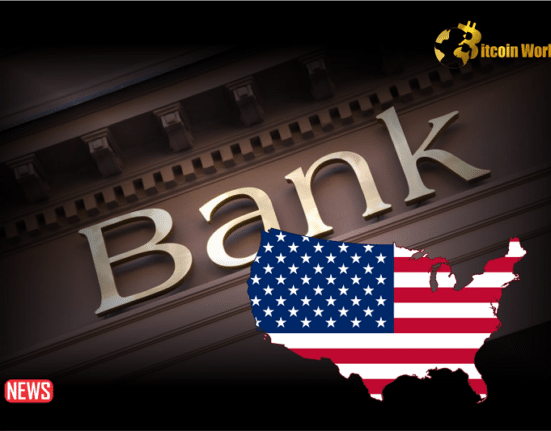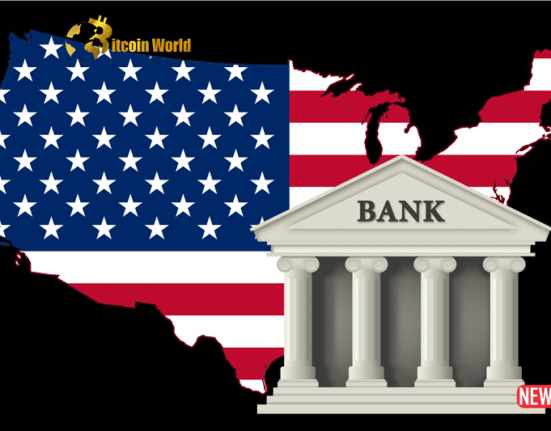In a recent alert, Moody’s, the renowned credit ratings agency, has raised a fresh warning flag concerning the stability of the US banking system. According to their latest research note, Moody’s has opted to trim the ratings of 10 regional banks, and they are now deliberating whether to downgrade several significant players in the industry. These potential downgrades include prominent names such as Bank of New York Mellon, US Bancorp, State Street, Truist Financial, Cullen/Frost Bankers, and Northern Trust.
After a period of relative stability, Moody’s highlights that American banks are now confronted with the looming possibility of more extensive deposit outflows. The catalysts for this concern include a decline in profitability and ongoing interest rate hikes initiated by the Federal Reserve.
The persisting interest rate and asset-liability management (ALM) risks have ripple effects on liquidity and capital. Systemwide deposits are reduced as the Federal Reserve withdraws from unconventional monetary policies. Concurrently, higher interest rates contribute to a decrease in the value of fixed-rate assets.
While the effects of quantitative tightening (QT) on deposit funding have moderated somewhat in Q2, there remains a significant peril of renewed declines in systemwide deposits in the forthcoming quarters. Although the majority of banks experienced flat or only modest declines in deposits, the composition shifted unfavorably. Non-interest-bearing deposits declined, and banks found themselves paying higher rates for deposits. Consequently, the dip in net interest income and margins has chipped away at profitability, impeding the capacity for internal capital replenishment.
Moody’s analysts also project that the US economy could contract shortly. This comes in the backdrop of growing profitability pressures evident in Q2 results, which will likely curtail the banks’ ability to generate internal capital. Moreover, a mild recession in early 2024 is anticipated, coupled with concerns about the sustainability of asset quality. There are particular vulnerabilities in certain banks’ commercial real estate (CRE) portfolios.
The credit rating agency anticipates that the Federal Reserve will maintain elevated interest rates until they witness a decline in inflation to their targeted 2%. They also predict that if a recession afflicts the economy, US banks could experience a surge in lending losses. Given the projected mild recession in early 2024 and the existing funding challenges within the US banking sector, credit conditions are expected to tighten, leading to heightened loan losses for American banks.














